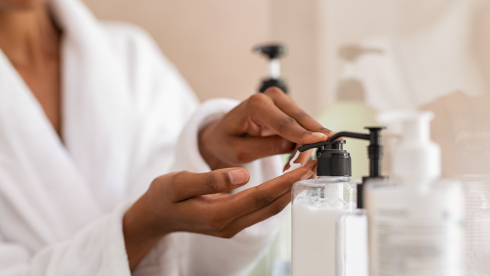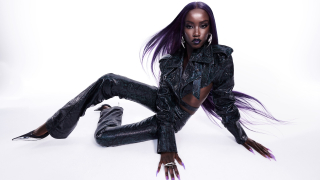The passage of the George Floyd Justice in Policing Act of 2020 has its supporters, among them being the NBA’s Social Justice Coalition that consists of NBA players, coaches, owners as well as leadership within the NBA and the NBA’s players union.
A year ago this time, streets across the country were filled with protesters, making their emotions felt and voices heard following the killing of George Floyd by former Minnesota police officer Derek Chauvin who has since been convicted for his role in Floyd’s death.
Away from the streets and into the court of public opinion, there was the kind of optimism that the racial reckoning that so many had championed before, so many had died for, had finally arrived on America’s doorstep that was too raw, too painful to look away from and ignore.
Unlike past movements in recent years, this one had a larger swath of support that included the NBA with its players, coaches and members of ownership seemingly pushing the limits of social justice discourse in a way we had not seen before. Players began pre and post-game interviews refusing to answer any questions that had to do with basketball, but instead talked about the issues of the moment that included the treatment of Blacks by police officials, systemic racism and a host of societal issues.
As players ran up and down the court inside the NBA bubble last year, BLACK LIVES MATTER lettering was prominently displayed on the court. The more you watched the NBA players during the playoffs last year, the clearer it became that they as a league were all-in, at that moment, when it came to social justice issues. This wasn’t just LeBron James and a few of the biggest names in the league flappin’ their gums about societal shortcomings. The entire NBA was in on the conversation.
But just like those streets filled with folks protesting the countless deaths of Blacks have dissipated, the on-the-ground energy fueling protesters from the NBA isn’t quite what it was a year ago, either.
Here’s the thing.
If there’s one thing we’ve learned from protesting in previous generations, it’s that eventually those large crowds will die down and eventually go away. For those directly in the struggle, all you’re left with is sore feet and hurt feelings because the promise early on didn’t necessarily produce the fruits of labor one had been hoping for. But Floyd’s death brought about a different kind of post-protest energy that has the NBA once again doing some of its best work on the court—the legal system, that is.
Following Floyd’s killing, the NBA formed the league’s Social Justice Coalition which consists of players, coaches, owners as well as league executives from both the NBA and the NBA Players Association. Their purpose, while layered, ultimately comes down to them putting their collective muscle behind supporting policy changes geared towards addressing racial and social inequality on national, state and local levels.
That’s why they have not been shy about lending their support for the George Floyd Justice in Policing Act of 2020, a bill designed to introduce legislation that creates a national standard for policing along with reshaping “qualified immunity” for law-enforcement officials. The bill passed in the U.S. House of Representatives in March with bipartisan support, and is now pending in the Senate.
Here’s what you have to understand about why this is so important.
As important as it is for players to make their voices heard and use their platforms to amplify such messages, the behind-the-scenes work that has to be done, is just as important. For the NBA, to have such across-the-board support for such initiatives moves the needle so much more than a few million likes on Twitter.
There is a fundamental understanding that the issues impacting the country as it relates to diversity and systemic racism, are issues that the NBA knows have a trickle-down effect on its league which consists primarily of Black men. For some within the NBA hierarchy, that still wasn’t enough to fully move the needle.
Understanding the value of addressing social injustices doesn’t resonate with all of NBA leadership. But when you talk about its impact on the bottom line—that’s a different story. When the NBA’s Milwaukee Bucks decided to not participate in a playoff game following the shooting of Jacob Blake, it led to a domino effect for other NBA teams in the playoffs and soon, other leagues followed suit in deciding to not play. This led to a financial hit for a number of leagues, in the middle of a pandemic nonetheless, when the economic body shots were already painful.
Addressing these issues in a meaningful way, beyond just being the right thing to do, is also good for business. And in doing so, the NBA is once again focused on making an impact on the court, our justice system.












